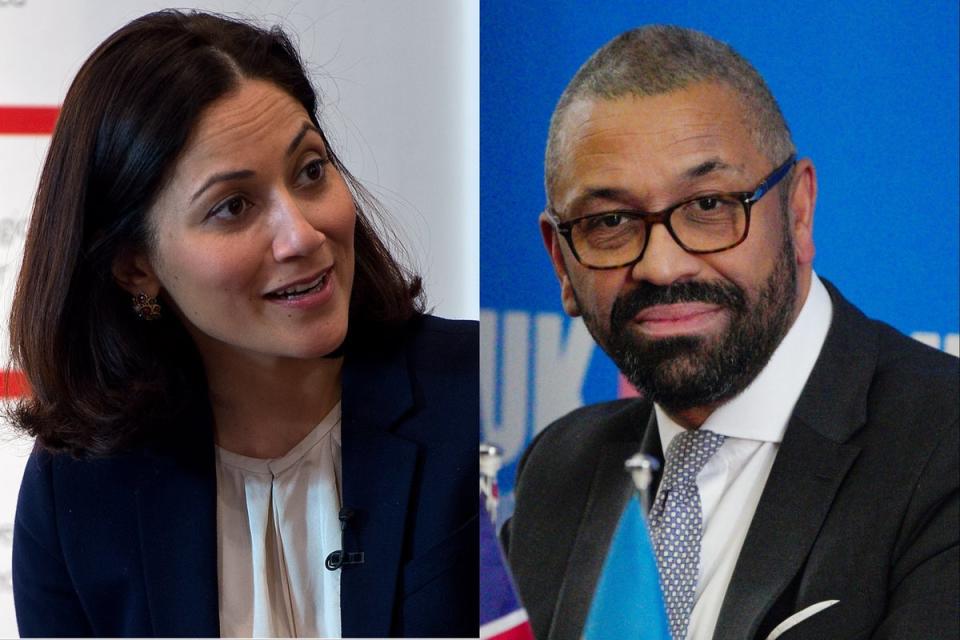Swearing is becoming more acceptable, experts claim
Swear words like f*** and s*** have become so commonplace in the UK that they are used merely to emphasise points rather than cause offence, a linguistic expert has said.
It came as BBC Radio 4 presenter Mishal Husain stunned Today listeners when she said the word “s***” seven times in one minute during an interview with James Cleverly, the home secretary.
“There was the time it was reported [that] you had called a government policy ‘bats***’, there was the personal place you referred to in parliament that was a ‘s***hole’,” said Husain, 50, who has hosted the show for a decade.

While Cleverly, 54, did not deny calling the Rwanda scheme “bats***”, he hit back at claims he used the derogatory term to describe Labour MP Alex Cunningham’s Stockton North constituency in the House of Commons last November.
”You didn’t use the word ‘s***hole’ in parliament?” Husain challenged Cleverly, who reiterated: “No, I didn’t.”
The car-crash interview continued with Husain challenging Cleverly saying: “You used the word ‘s***’ didn’t you.”
“Yes I did, but the point is what you just accused me of is very, very different and completely wrong,” he replied.
Dr Robbie Love, an English Language lecturer at Aston University, said Brits now swear casually for comic effect, to express surprise, and show solidarity with peers as well as to abuse someone.
He said: “Swearing, as with all language use, is entirely context-dependent and context-specific. It’s what you do with the word and the various functions that informs the perception of how acceptable it is.”
On Husain, he said: “Rather, she’s referring to the word that [Cleverly allegedly] used and asking whether he said it. In that context, I would argue that it’s more likely to be considered acceptable, than if she suddenly said at the end of the story, ‘Well, that was a load of s***, wasn’t it?’”
He told The Guardian that it might have been part of a strategy from the interviewer to “rattle” the home secretary adding he didn’t believe anybody would “genuinely be offended” by the context used.

 Yahoo Lifestyle
Yahoo Lifestyle 
